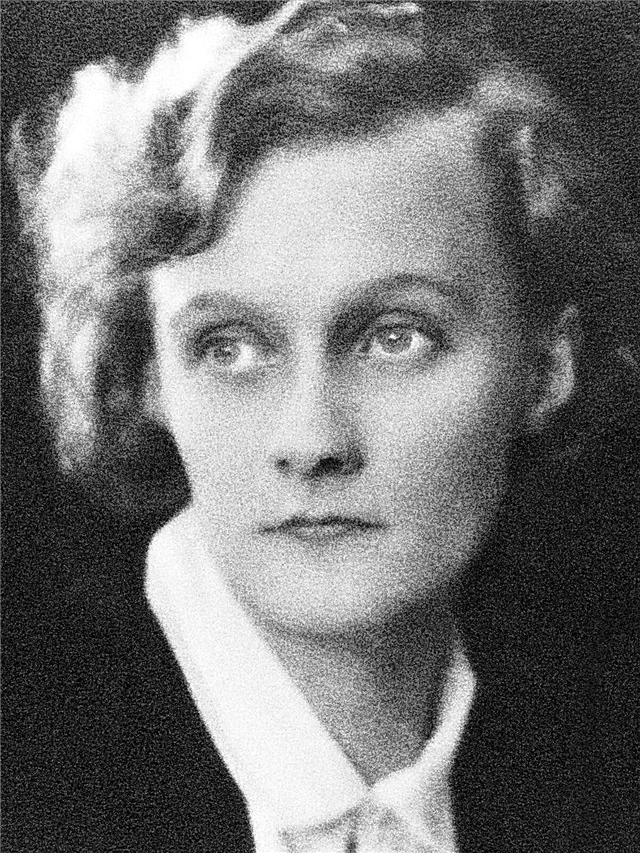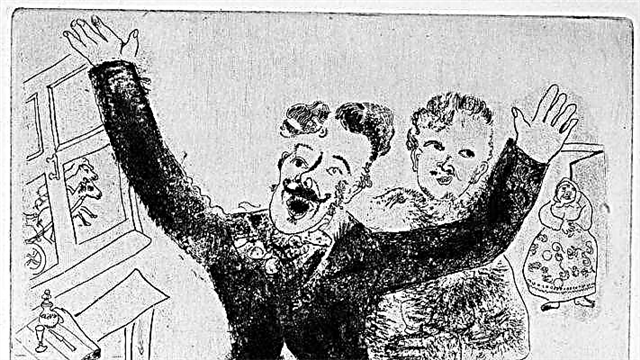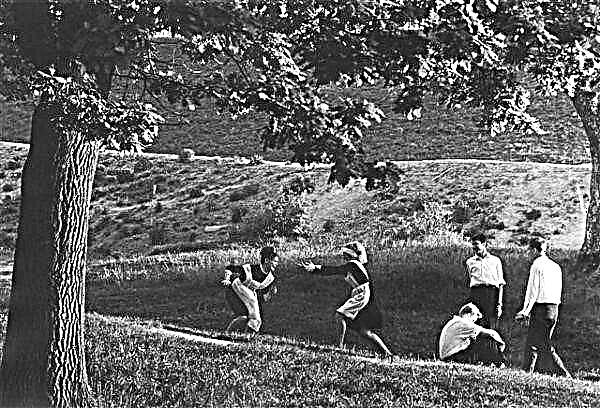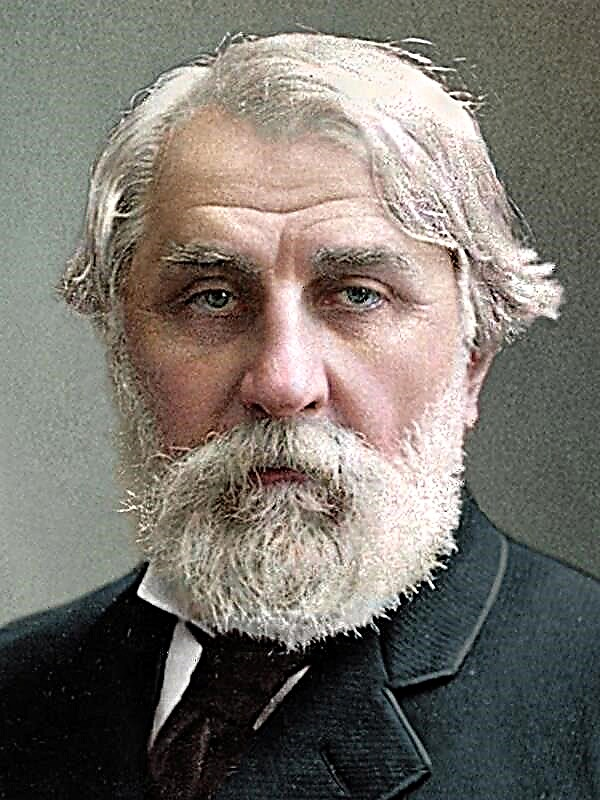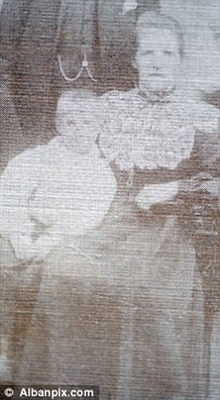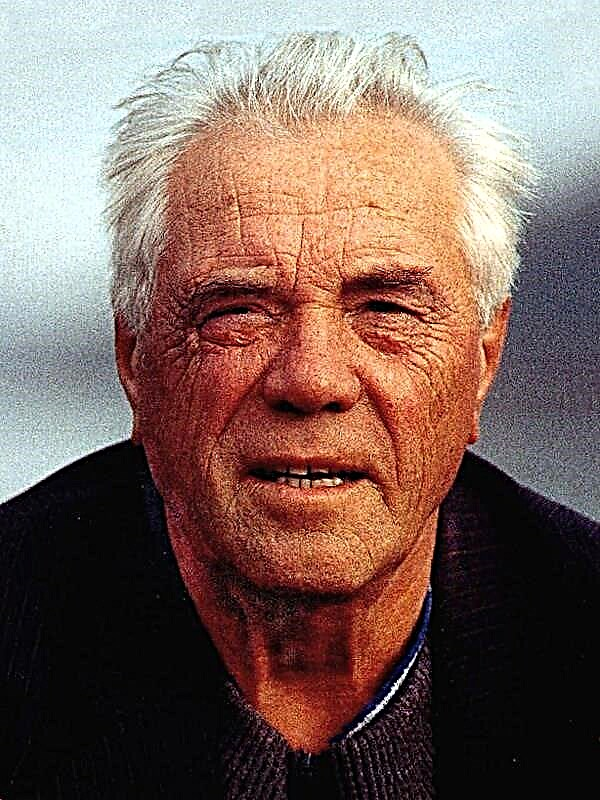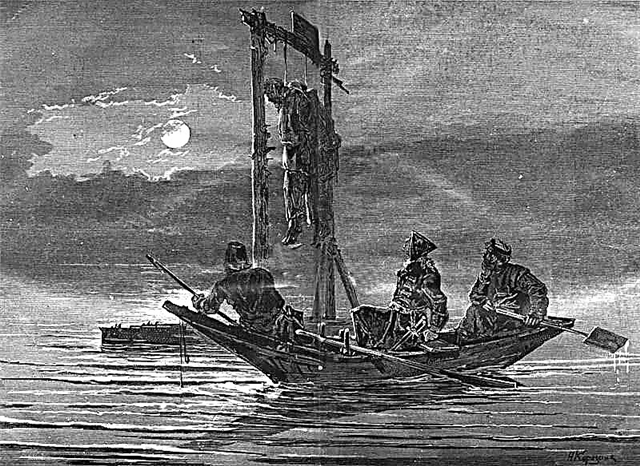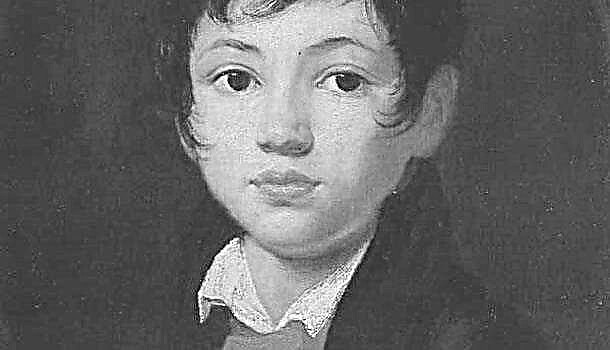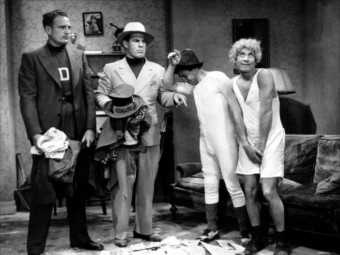(437 words) As you know, Mikhail Sholokhov was a recognized writer during his lifetime, so many people sought to help him work on books. One of these "collective" works was the novel "Virgin Soil Upturned". Dozens of inhabitants of villages and villages wrote to the author how they combine the economy into one large-scale common enterprise. This process is called collectivization. Sholokhov devoted a whole work to him, hoping to recreate the difficulties of the era of the formation of a new state.
Despite the fact that many readers reproached the author for propaganda of Soviet values, in the novel Virgin Soil Upturned, as well as in Silent Don, the government’s actions are not considered to be something sinless and absolutely correct. We can safely say that the author did not portray success, but the collapse of the reform of the economy, because, as we know from history, collectivization has brought more bad than good to the country. The writer was able to answer the question, why did this happen?
After the abolition of serfdom, the people who are the full-scale hero of the novel received a clear and understandable life goal - to develop their individual economy and feed the country, while living in abundance and respect. These changes had a positive effect on the state of the peasantry: in each village there appeared “kulaks” - prosperous workers who even used hired labor to cultivate their land. The book contains colorful examples of such people: Lyatievsky, Lapshinov, Tit Borodin. Naturally, the First World War and the Civil War dealt a strong blow to the village, which had barely risen to its feet, and, according to the peasants, accustomed to private property, the Communists came to finish it. They are represented in the work by Davydov, Nagulnov and Razmetnov. Their ideas contradicted the generally accepted way of life, which the villagers associated with freedom. It was the individual farm, which became the key to personal gain, that motivated people to hard work, and without it they did not need to work, because the collective farm was suspiciously like corvee, where the serf had no interest in the development of the economy. Thus, the rejection of collectivization was historically determined. The people did not believe in the ideals of the urban romance of Davydov, he thought sensibly and practically, and the only engine of his initiative was personal gain. Even supporters of the new device from the village supported the reform based on their own selfish motives. Demid Molchun, a destitute person, was inspired by envy of his fists, Demo Ushakov wanted to provide for his family by teaming up with rich neighboring lands, Kondrat Maydannikov wanted to destroy his fists, because he himself did not join them, was a middle peasant. But none of the villagers wanted to unite for the idea. The isolation of the party elite from real life gave rise to this monstrous experiment, which became for the country not a way out of the crisis, but another manifestation of it. Collectivization was only completed with fire and sword.
Thus, the author depicted collectivization as a versatile historical phenomenon that has supporters and opponents among ordinary people. It had pluses, but in practice it turned out that there are much more minuses, because any anti-people course is doomed to failure, since ideologists can only invent rules and laws, but it will be the people who live or not live by them.

